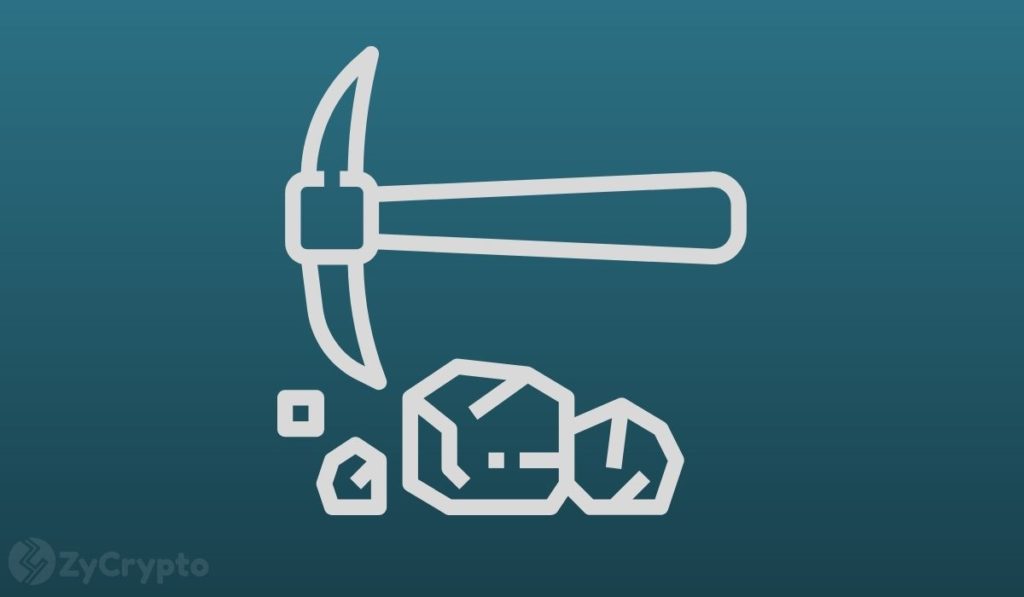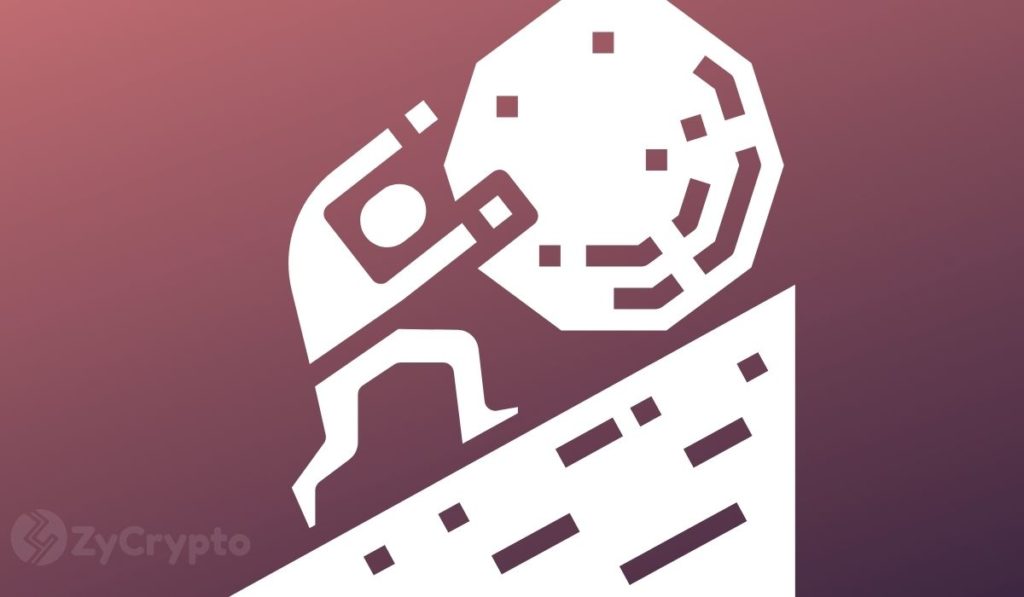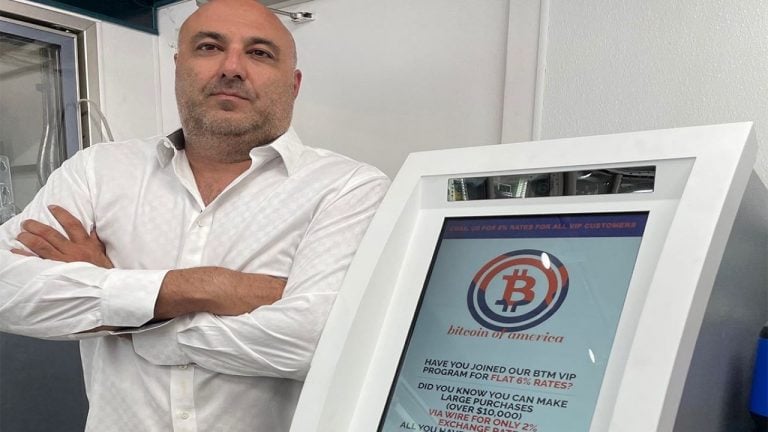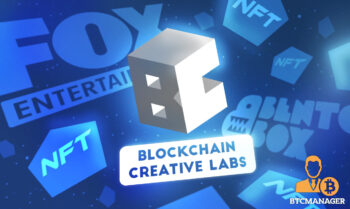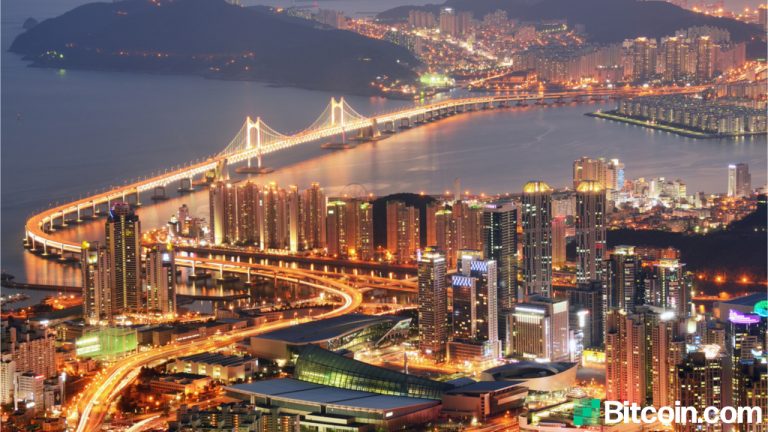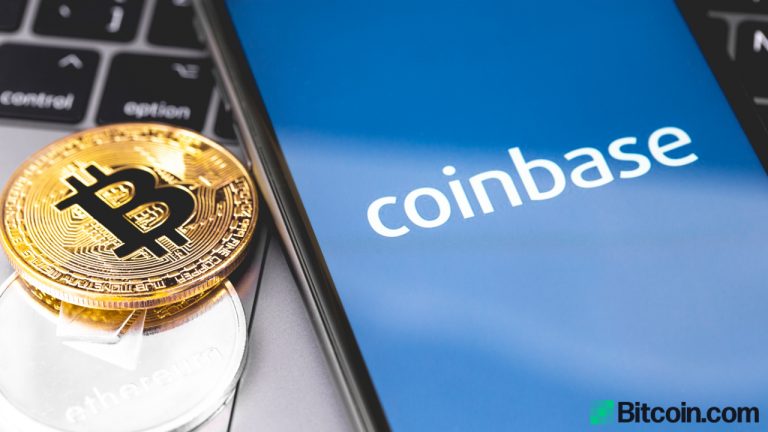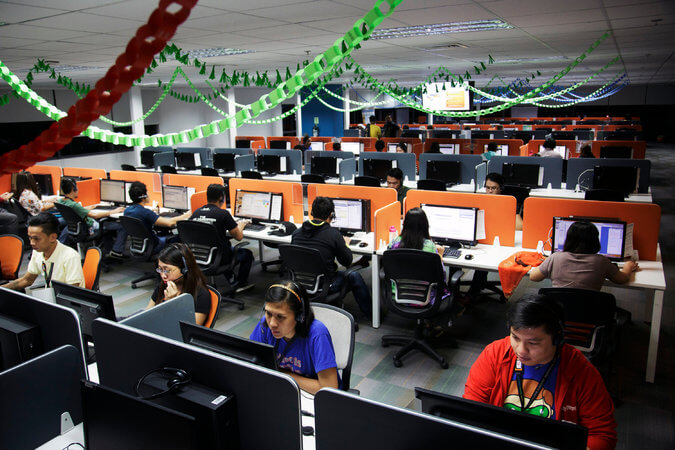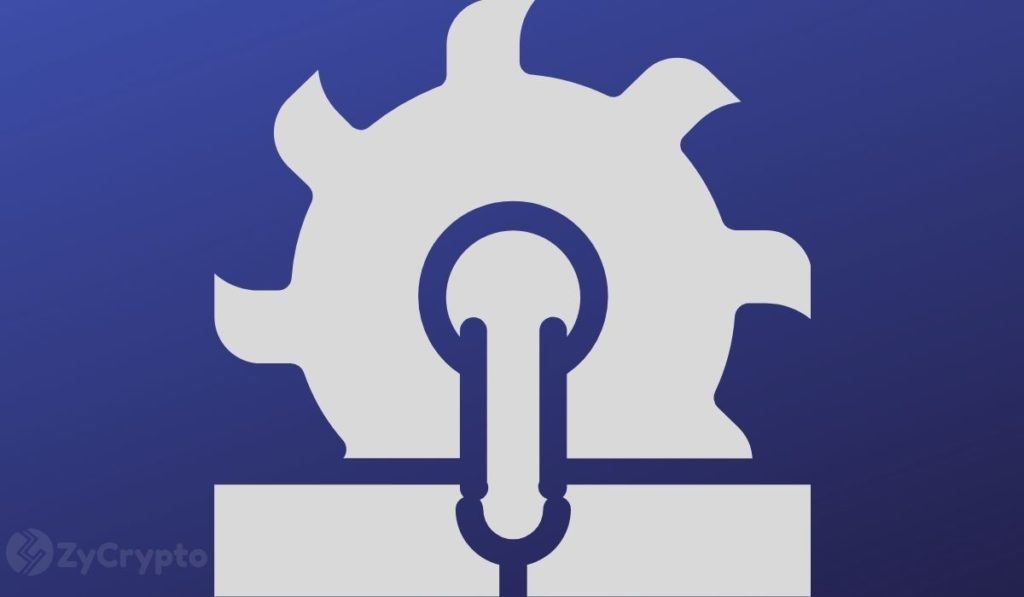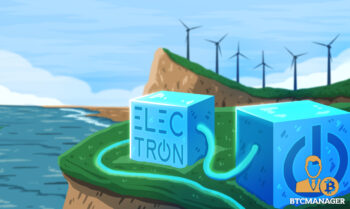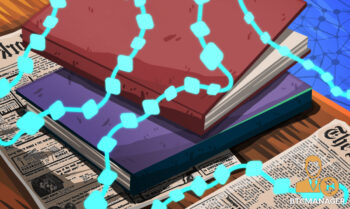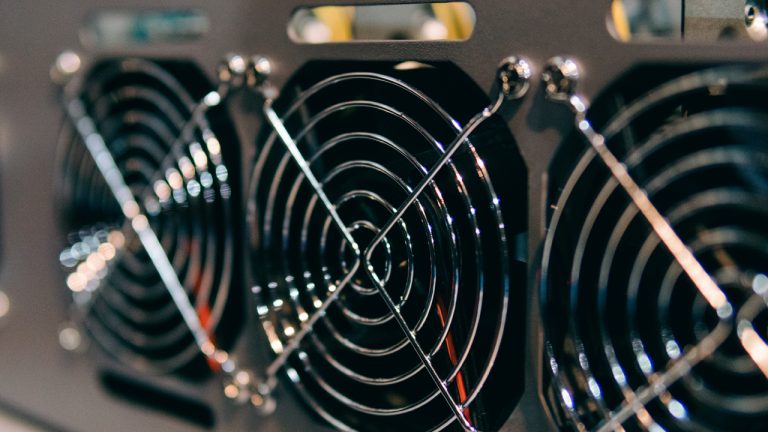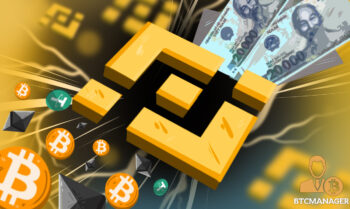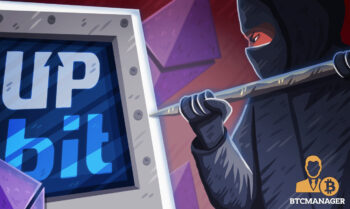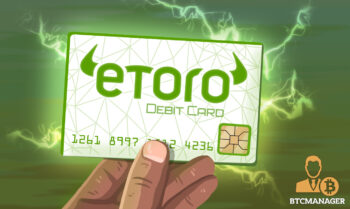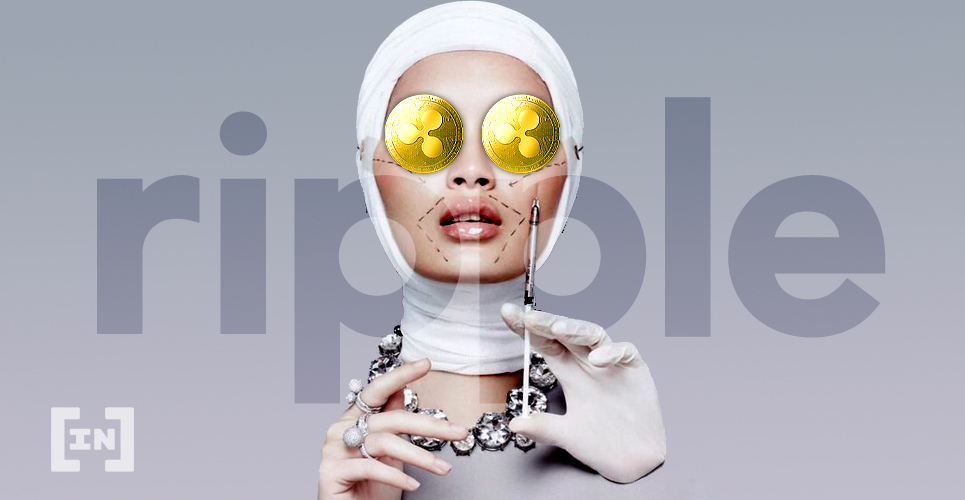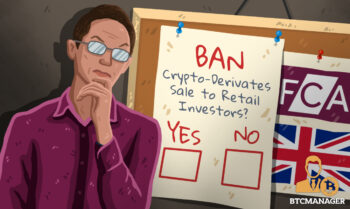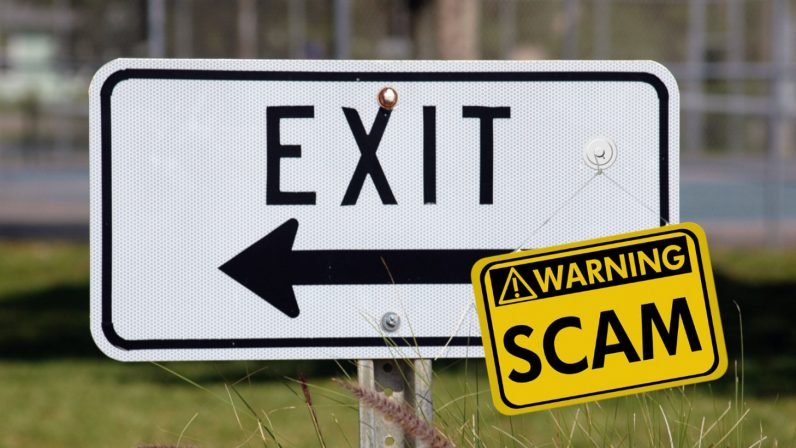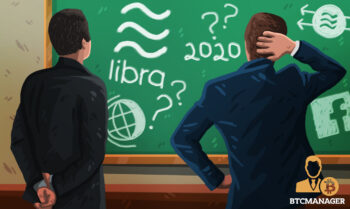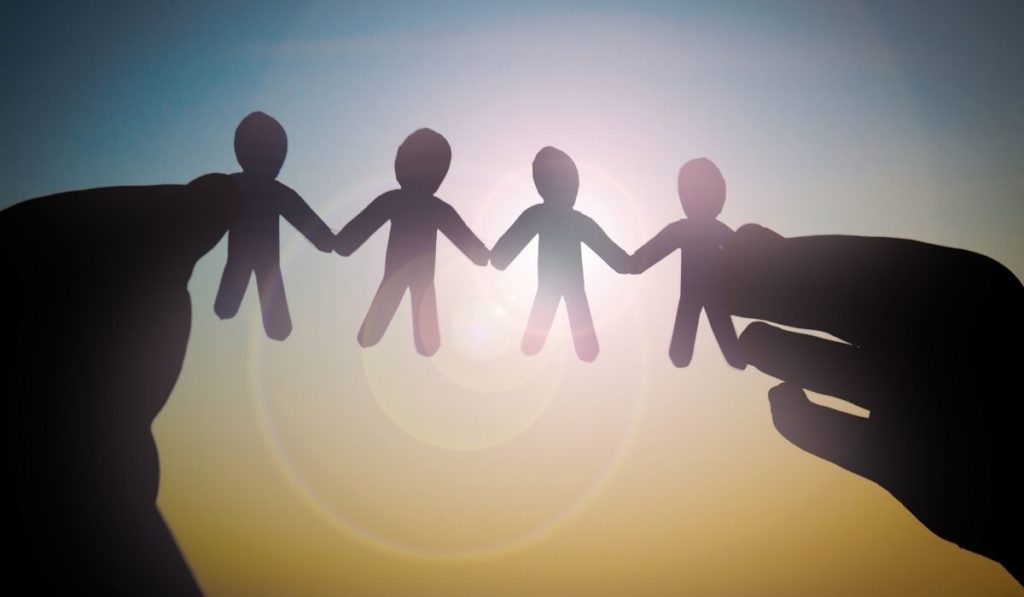
2022-5-9 16:43 |
Here’s a challenge for you. Read the business news headlines for ten minutes and try not to get angry.
Why is this so hard? Because it seems that daily there are new reports of a business conducting itself in a way that is selfish and harmful to others; and for all those that make the news, it’s likely that many others don’t. The issues are numerous and usually stem from a lack of transparency between leadership and customers; discrimination against those who can’t afford premium services (or even discrimination against ethnicity, gender, etc.); and the potential for corruption. The P&O scandal this year caused a major outcry from the UK population and even lawmakers.
As a recap, the ferry provider decided to lay off a large number of its employees (on a video call of all things), effective immediately, and instead hire third-party contractors at what many (including international organizations) consider far below a “livable wage”. The public outrage was palpable, and the questions from lawmakers were harsh, yet it is possible that the company might get away with its actions. Other than potential fines for not working through union negotiations first, it’s currently unclear whether any laws were broken. The company’s justification for this was that it would have gone under due to Covid if these extreme actions weren’t taken. And yet, when lawmakers asked an executive if they would forego their bonus, the executive skirted the question by saying they didn’t know.
Angry yet? But the real question is if it comes out that these moves were legal, do we have a right to be angry at a company playing (mostly) within the rules? Unless you were an employee directly affected, do you even have a right to be frustrated? The answer to all three questions is a resounding YES. Let’s talk about why, and let’s discuss a potentially big ray of hope called a DAO—and why it might be the future of business leadership structures. There are even a few organizations, such as UpLift DAO, who are building entire ecosystems with the DAO taking the roles normally performed by VC firms, incubator/accelerators, consultants, and leadership teams.
The Voice of the PeopleThere is a lot to complain about from the last few years. So many terrible things have happened (and yes, are still happening) that there is almost a collective shell shock. That said, the last decade or two have seen a few beautiful trends that are accelerating along with the technologies supporting them. One of these beautiful trends is a combination of the world getting smaller (more connected, where more people are exposed to other cultures, countries, news, and views); along with the average individual gaining the opportunity to have a voice. The internet is the biggest reason for this, and for all the trolls and toxic social media posts, we’ve been able to see many important items gain a global audience, wherein a pre-internet world they would not have had a vehicle to broadcast their message.
This has led to an emerging “global conscience”, for lack of a better term. This voice—and it can be loud and powerful—isn’t held to legal loopholes or lobbyist influence. It is far too big to be silenced, even by a government (attempts to do so usually make the voice louder); and is too distributed to threaten bribe, or control. With complex topics, nuance leads to many different opinions and the voice is a collection of beliefs. But with topics where there is a large consensus on what is right and what is wrong, the voice is heard by the world. In a way, this is global democracy in its purest form, showing strong indications of what the majority of people believe.
The Power of the PeopleLet’s look back to the P&O scandal. The “voice” has stated that what was done was wrong, how it was executed was wrong, the new solution is wrong, and the leadership not eliminating their bonuses is unacceptable. This cuts through the legal loopholes, a government’s ability to intervene, and the lack of options forced onto customers. However, the “voice” can only speak, and though it can influence some things, it can’t make the decisions it is demanding of those in charge. But what if we put the “voice” in charge?
While it’s just speculation, it is likely that the “voice” would have reversed the decision for layoffs, worked with the union and government to find other solutions, would have asked for input from the collective “voice” community, and would have had a number of options to choose from; each with pros and cons, but the pros would have benefitted the employees and larger company, not just a literal few. And last but not least, the leadership team would have likely been fired (hopefully over a company-wide video call). This justice-based fantasy is more real than you might think; it’s called a Decentralized Autonomous Organization (DAO).
A DAO works in a similar way to the “voice” of the people. For those involved, suggestions can be made by anyone and the collective votes on what to do. Instead of leadership, the DAO is Decentralized across many individuals globally (the more the better), and it is Autonomously facilitated by way of a smart contract on the blockchain. Users must buy in to a platform’s token (the amount and specifics vary) but can have a voice with what amounts to a very modest investment. This encourages a more widespread and representative group to make up the DAO, which usually results in better proposals and decisions that create true value for the company and the customers it serves.
If P&O was managed by a DAO, the voice of the people would have the power to make things right. More so, the very structure of a DAO prevents some of the biggest problems plaguing businesses today. Since everything is on-chain, the DAO’s actions are transparent. Because it is autonomous, there is no ability for bias in admitting new members. Because it is blockchain-based, it is global. And because it is distributed, effective corruption is prevented by design. In fact, many people initially compare a DAO to shareholders of a company. However, in most cases, there is a minority who owns the majority of shares and makes the decisions, rather than a large group of people acting collectively.
The Power of the People—From the StartWhile the DAO is an amazing innovation, and will likely be acknowledged as a major breakthrough of the 21st century, there is one more thing we can do to improve it. Instead of a company launching, then once established and running it eventually forms a DAO, what if the DAO was a driving force from the beginning? Some platforms are looking at this concept very seriously, and one launchpad in particular—UpLift—has made it the core of their business model.
Opening up prospects for long-term gains, the UpLift platform provides possibilities to become fully immersed in the project life-cycle—from its inception until the highest-level goals are achieved. The UpLift community has set out to foster sustainable growth of the projects incubated on the platform and seek long-term investment opportunities. By starting so early in a platform’s development, UpLift is actually able to combine DAO building with crowdfunding, ensuring there are many investors who each have a voice, but no one voice can take control of a platform’s direction.
What Happens Next?Will business scandals ever disappear? No. However, the more the DAO concept is developed, spread, and adopted—not only to new companies but even to large, existing corporations—the fewer opportunities small groups of individuals will be able to benefit themselves at the expense of their employees, customers, or the general public. At a time when there are so many issues in the world—wouldn’t it be nice to read the business news and smile?
origin »Bitcoin price in Telegram @btc_price_every_hour
Business Network Incubator (BNI) íà Currencies.ru
|
|
